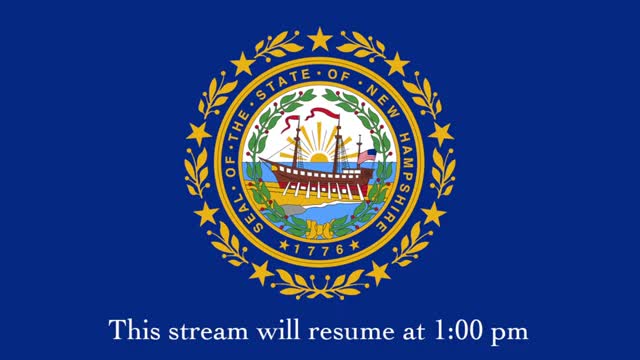Open‑enrollment expansion draws pushback from school boards and towns over tuition, budget lines and pending court case
Get AI-powered insights, summaries, and transcripts
Subscribe
Summary
Lawmakers debated HB 771, changes to New Hampshire’s open‑enrollment statute, after school‑board representatives warned the draft could obligate sending districts to budget and pay tuition even if they have not adopted open enrollment and urged pausing until a pending state Supreme Court case is resolved.
The committee considered HB 771, a bill clarifying and modifying New Hampshire’s open‑enrollment statute, which allows students to enroll in schools outside their home district with tuition charged to the sending district.
Representative Ladd, speaking as a cosponsor, described existing open‑enrollment rules and said the bill updates the language governing how districts show open‑enrollment tuition in operating budgets and clarifies selection, lotteries and preferences. He said open‑enrollment can improve efficiency by allowing students to access specialized programs without duplicating services in neighboring districts.
The New Hampshire School Boards Association urged delay, noting a pending New Hampshire Supreme Court case about whether a sending district must pay tuition when it has not formally adopted the open‑enrollment statute. NHSBA argued the court’s interpretation could affect the statute and recommended awaiting a ruling before amending the law. NHSBA also objected to a requirement in the draft that "each district shall establish a line item" for anticipated open‑enrollment tuition, saying the state should not prescribe local budget line items and that the requirement could effectively force every district to budget for tuition even if it has not adopted open enrollment.
Multiple municipal witnesses said the proposed language could obligate local districts to pay tuition without local voter approval, and warned that receiving schools could solicit out‑of‑district students and create fiscal strain on sending towns — for example, if a small district sent a student with high special‑education costs. Witnesses noted a pending legal dispute and urged the committee to obtain the court filing and await guidance, or to tighten the bill to specify how and when districts become obligated.
School choice advocates and some supporters described open enrollment as a way to expand educational options, particularly CTE and specialized programs, but committee members asked for clearer language on who decides tuition amounts, what "estimated expenditures" mean in a budget context, and whether receiving schools can limit or decline students whose tuition would exceed their per‑pupil costs. The committee also asked staff to locate the pending Supreme Court filings. No vote was taken.
